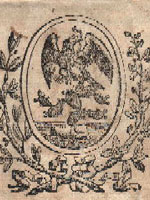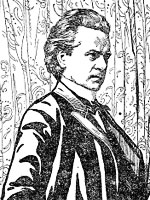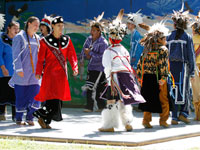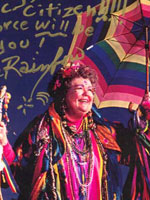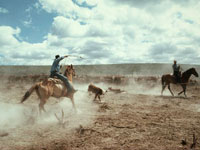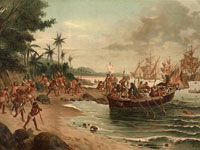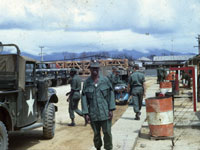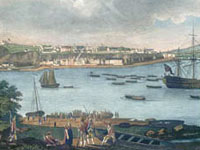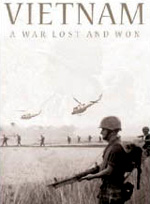Presents a wide array of materials that explore "the struggle between these two visions" of pluralism and unity in early 20th-century American thought and life. Arranged into six major sections: The Idea of Pluralism; The Idea of Internationalism; Culture and Pluralism; Labor and Pluralism; Race and Pluralism; and Gender and Pluralism.
The site links to major sites on such topics as ethics, politics, culture, sociology, anthropology, religion, economics, imperialism, hegemony, world systems theory, the League of Nations, Jim Crow laws, eugenics, the Niagara Movement, NAACP, KKK, unions, strikes, modernism, the genteel tradition, localism, and ragtime.
Outlines the perspectives of important public figures including William James, Eugene Debs, Randolph Bourne, Daniel DeLeon, John Dewey, Jane Addams, Horace Kallen, Scott Nearing, Max Eastman, William Cowper Brann, Madison Grant, W. E. B. Du Bois, Mary White Ovington, Charles S. Peirce, Margaret Mead, Woodrow Wilson, John Reed, and Irving Berlin.
Although many of the site's direct links to texts by these figures are no longer operable, users can access sites containing important writings through the "Concepts" section of each of the six major parts. Also includes 12 audio components and dozens of photographs.
For its inclusion of links to many extremely useful sites from a variety of perspectives, this site will be valuable to those studying early 20th-century American ideas and debates and their resonance throughout later times.
